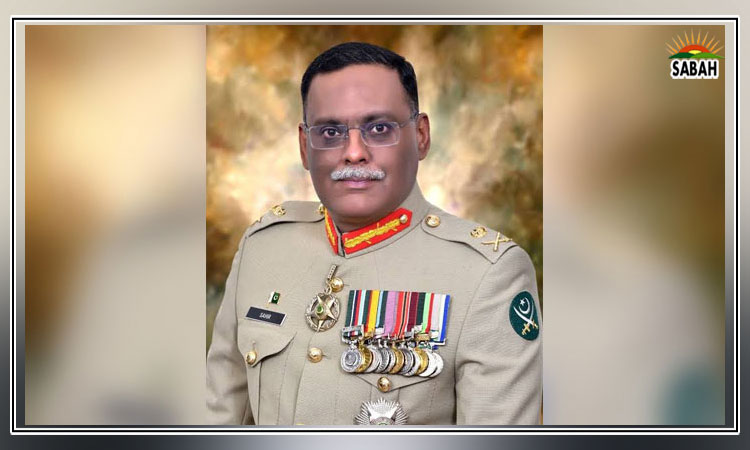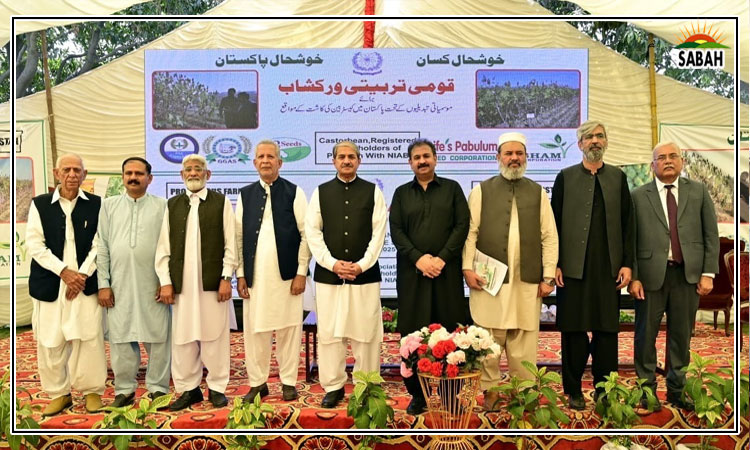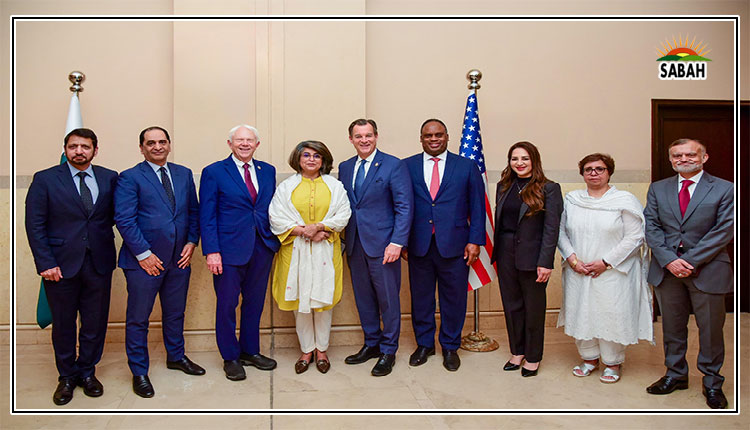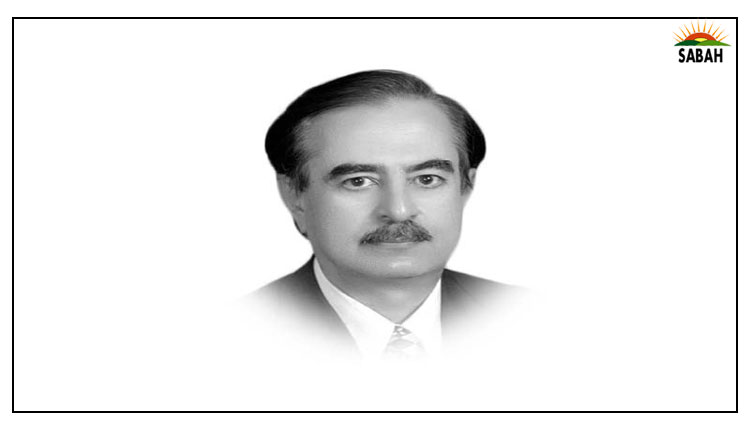The Hashtnagri French fryer…Sahibzada Riaz Noor
On his daily evening walks in the much improved and developed Capt Kernal Sher Khan Shaheed army stadium, located on the North Circular Road in Peshawar, not far away from the scene of the 2014 APS school children carnage, he would daily pass by it on the 500 meters tartan track laid around lush Dhaka grass lawns, interspersed with embellishing, variegated evergreens of all sorts: tiered lady shades, money plants and bottle palms, brought all the way from Pattoki. He would imagine of it as resuscitating a lung in the once City of Flowers, now referred to as a dusty outback.
But more importantly the recreation garden, he thought, provided a place of carefree frolic for children and a rare outing estate for the sequestered womenfolk, confined to bleakly sunlit abodes and lanes of Peshawar andder shehr.
Passing the track distance-marker emblazoned with SSKS 100 meters, his mind often involuntarily ruminated how the park was named after Capt Sher Khan who, on his birth, by a father who merrily distributed zalaibeiy and pattasaiy (as pronounced in Pashto) proudly named the light-eyed boy Kernal Sher Khan, hoping one day he would grow up to become a pauji Kernail i.e. Army Colonel.
Little did Kursheed Khan of Fuajun, Nawaiy Kalli, the small non-decrepit village of Sawabi, that cold day, 1st of January, 1970, realise that one July afternoon in 2009, at Tiger Hill, in the barren snow vastness of Kargil, his dead sons abandoned body, would be returned by an Indian Sikh Brig MPS Bajwa honouring his bravery placing a citation of indomitable courage in his breast pocket so his countrymen could grace him with the Nishan-e-Haider and be reminded by an adversary to grant him the ownership and esteem that was sadly forsaken, with so many others unclaimed.
It was in the shape of a mini barrel: the French fryer. About one third the normal size, black in colour, a whooshing gas burner fixed in its centre, at its base, connected externally by a plastic tube snaking away in menacing guile to a gas cylinder. On its outside, a few bands like belly fat rings encircling around the tummy of a weight conscious woman hating to recede into postmenopausal rotundity.
A cauldron, with a tin lid, which took roughly three liters of cooking oil, adorned the top of a locally made contraption, that seemed the brainwave artifact of a wizened old steelsmith, mimicking in miniature the boiling pits of purgatory, in Hashtnagri potters bazar, in timeless silence, which marks, in close proximity the rambunctious yet melancholy passage of age in Qissa Khwani bazar.
The fryer was precariously placed a few feet outside the kiosk or cabin in the lawn, which small children, visiting the park in abundance, would surround with both the salesmen as well as the attendants of the toddlers not giving a tinkers damn, in nonchalant, casual playfulness eager for the mouthwatering fries, least imagining the horrible catastrophe, pulsatingly heaving like a sinuos python that could spring and devour or maul a tot, perilously poised on the edge of sinister possibilities. Around the urge for a penny strode harmless, innocent fun but with imminent disaster.
Ambling along the 200 meters mark on the jogging path, where the eatery was located, mouth by jowl near the bend in the track, on witnessing children coming dangerously close to the chips fryer, while every adult seemed immersed in unimaginative, unconcerned amnesia about calamitous possibilities lurking hidden, each flip and flop of the chips in the pot in the torridly broiling oil, a spiked lance would piercingly slice down his spine.
His feet are turning at the 300 meters mark. No more his wonted self-crooning, his mind travels nine years back to December 2014, when bullets tore the air and heavens, not too far away from this very place, filling the sky with shrieks and cries of tender children.
He asked the burger and fries men to install a steel grill around the seething fryer, so that children who carelessly came close to it could avoid being burnt and possibly scalded by either touching the fryer or, in the worst case, the hot lava of the barrel and the scorching oil to cause havoc to an unknowing playful child, scorching skin and face beyond recognition.
There was no response despite requests to seek cooperation of the owner. The grill didnt materialise, even though the ambler offered to bear half the cost of the expenditure that seemed to them so unnecessary.
One day, not being content, he came over to the shack and asked the attendant boys to help in moving the serving tables about two feet away and then asked the fryer to be moved behind a table so that no child could access the incinerating broiler. Next day he found that not only had the fryer been moved to a safe place behind the table but two plastic buckets had been placed upon a platform of bricks positioned on either side of the belching inferno to prevent possible harm to children.
A surge arose in his body, a gush filled with glorious hope, a triumphal belief in the capacity for goodness in humans if only a chance for its flowering is afforded through precept, example and education.
He didnt consider this as any unusual happening. But as he trudged along the 300-metre mark on the walking track his head, unknowingly, filled with a strange sensation: a reverie filled with a growing feeling of communion, of ownership, a concern for human dignity, a burning desire to reduce as far as possible, within the reach of each individual, rising above self-interests, the possible pains and anguish of fellow humans, aiming for a society built upon justice, truth, equality and empathy that fails to materialise without the kernel of dispassionate, angelic courage.
Courtesy The Express Tribune












